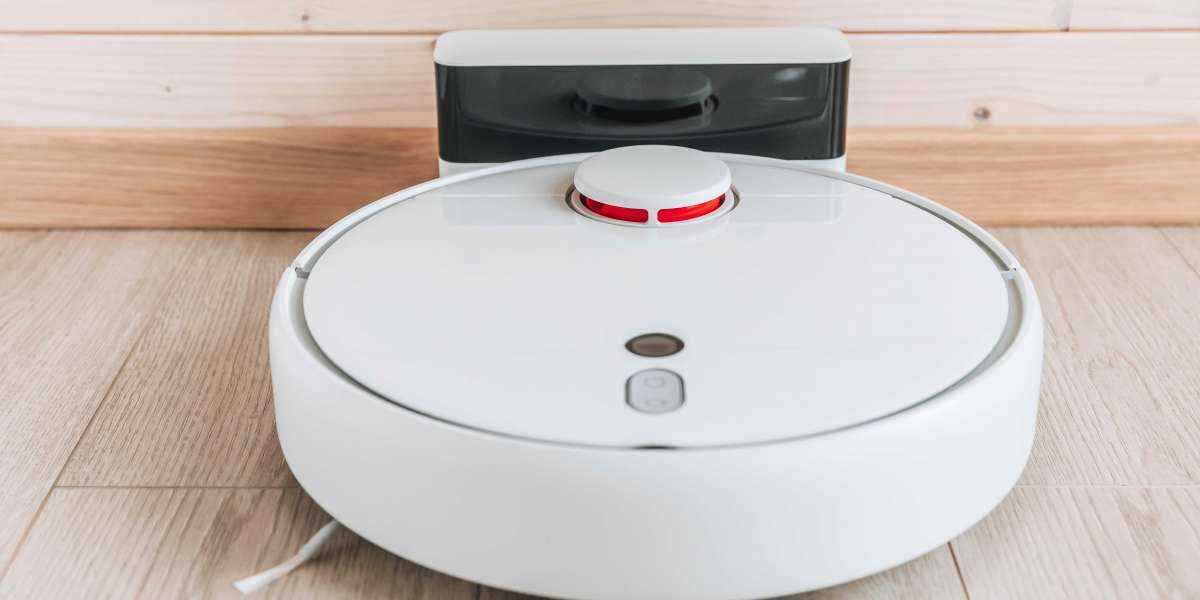Mental Health Assessment and Monitoring: A Comprehensive Guide
Mental health is a vital aspect of total well-being, influencing how people believe, feel, and act. Correct assessment and monitoring can assist identify mental health problems, track their progression, and tailor interventions accordingly. This post will check out different techniques of mental health assessment, the importance of continuous monitoring, and best practices for reliable evaluation and intervention.
Understanding Mental Health Assessment
Mental health assessment is a methodical process utilized to identify an individual's mental health status. It includes collecting details from different sources, including interviews, questionnaires, and behavioral observations. This information assists specialists determine mental health conditions, comprehend their intensity, and recommend appropriate treatment methods.
Key Components of Mental Health Assessment
Clinical Interviews: The very first action normally involves an in person interview where clinicians assess the patient's history, symptoms, and functioning. This can help to discover underlying concerns, such as trauma or chronic stress.
Standardized Questionnaires: These are used to measure elements of mental health. Typically utilized tools include:

- Hamilton Anxiety Rating Scale (HAM-A)
- Beck Depression Inventory (BDI)
- Generalized Anxiety Disorder 7-item scale (GAD-7)
Behavioral Observations: Clinicians might observe the individual's habits in a regulated environment or natural settings to acquire insights into their mental health.
Security Information: Input from household, buddies, or previous healthcare companies can supply a more comprehensive view of the person's mental health history and present condition.
Significance of Mental Health Assessment
Assessments are crucial for the following factors:
- Establishing a Baseline: Understanding a person's mental health at a specific time enables more efficient monitoring and treatment.
- Recognizing Needs: Assessments can expose particular issues that might not appear to the private or their liked ones.
- Assisting Treatment Plans: The results can assist professionals create targeted, evidence-based treatment techniques.
- Measuring Progress: Regular assessments assist figure out the efficiency of interventions and whether changes are required.
Monitoring Mental Health
Once an assessment is completed, constant monitoring becomes critical in handling mental health efficiently. Monitoring can take numerous forms and should be incorporated into regular care.
Methods of Monitoring Mental Health
Routine Check-Ins: Scheduling routine appointments with mental health experts enables ongoing evaluation of signs and their effect on every day life.
Self-Monitoring Tools: Individuals can utilize journals, apps, or worksheets to track their mood and symptoms. This self-reflection can boost self-awareness and notify conversations with clinicians.
Household and Peer Reports: Input from trusted member of the family or good friends can provide extra context about modifications in habits or state of mind.
Technology-Based Tools: Mobile applications and online platforms can help with tracking mental health status, using reminders for self-care and reflections on mental wellness.
Benefits of Continuous Monitoring
Continuous monitoring aids in immediately recognizing modifications in a person's mental health. Here are a few essential benefits:
- Early Intervention: Detecting worsening signs early can enable prompt interventions, minimizing the severity of possible crises.
- Individualized Care: Ongoing monitoring allows experts to customize treatments based upon real-time information rather than relying entirely on erratic assessments.
- Empowerment: Individuals can actively take part in their care by tracking their progress and talking about modifications with their treatment group.
Best Practices for Mental Health Assessment and Monitoring
To guarantee effective mental health assessment and monitoring, a number of best practices ought to be considered:
1. Establish a Safe Environment
Creating a helpful and non-judgmental setting during assessments and monitoring encourages people to be honest about their thoughts and sensations.
2. Use Evidence-Based Tools
Choose assessment tools and monitoring methods that are scientifically confirmed and widely accepted amongst mental health specialists.
3. Individualize the Approach
Each person's mental health journey is special. Tailor assessments and monitoring techniques to fit their specific requirements and situations.
4. Include Support Systems
Motivate member of the family or support networks to participate in both the assessment and monitoring processes. This can produce a more comprehensive view of the individual's mental health.
5. Routine Training for Professionals
Mental health specialists ought to take part in constant education to stay upgraded on the most current assessment tools and monitoring practices.
Assessing and monitoring mental health is important for reliable intervention and better outcomes. By using numerous assessment approaches and guaranteeing continuous monitoring, mental health experts can provide more accurate diagnoses and personalized care. People can take an active function in their mental health journey, fostering better self-awareness and promoting much healthier lives.
FAQs about Mental Health Assessment and Monitoring
Q1: How typically should mental health assessments be conducted?A1: The frequency of assessments depends upon specific needs, however routine check-ins(month-to-month or quarterly)are typical and efficient for maintaining mental health. Q2: What happens if a mental health assessment indicates a requirement for immediate action?A2: If an assessment reveals critical issues, clinicians might recommend instant intervention, consisting of therapy, medication, or crisis services. Q3: Are online assessments reliable?A3: Online assessments can provide valuable insights but should be used as an initial tool. It's vital to have a face-to-face consultation for a comprehensive evaluation. Q4: How can innovation assist in mental health monitoring?A4: Technology can provide reminders, use tracking features for state of mind and signs, and assist in communication with doctor. Q5: Is self-monitoring effective?A5: Yes, self-monitoring can boost self-awareness and assistance individuals recognize patterns in their mental health, which can be discussed with experts throughout sees. Assessment Method Description Benefits Clinical Interviews Direct conversations to gather personal history and signs Personal insight into mental wellness Standardized Questionnaires Structured tests to assess specific signs Measuresmental health status Behavioral Observations Clinician observations in different settings Assists spot behaviors not reported by people Collateral Information Input from friends and family concerning the private Supplies a broader context and history Through proactive assessment and monitoring, both people and experts can enhance mental health outcomes, leading to a brighter, healthier future .








